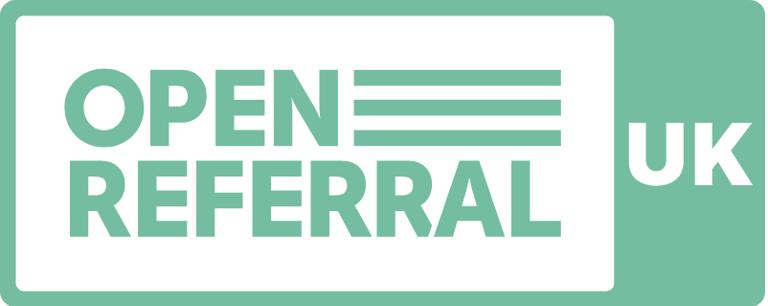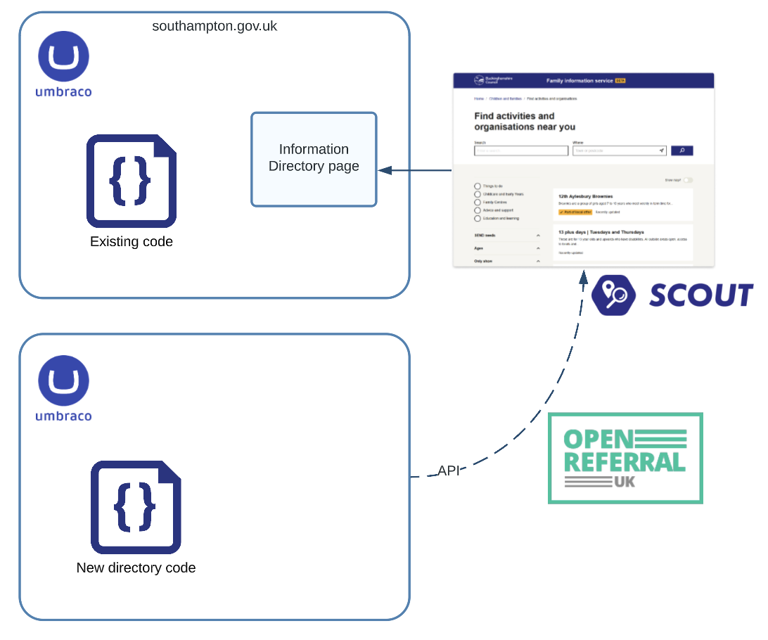A local authority information services directory fit for the future
Helping residents find services of interest including the local offer, adult social care, special educational needs, disabilities and family information.
The challenge
The Southampton Information Directory (“SID”) was running on an outdated platform, Open Objects, which had become increasingly difficult to maintain and was unable to offer the features that Southampton required. Its rigid structure meant that customising the system to meet the city's specific needs was difficult and time-consuming.
The standalone nature of SID - in common with most local authorities’ directories - lead to a disjointed user experience. As a result, trust and confidence in the Southampton Information Directory had declined; feedback from users and service providers indicated it was poorly (perhaps ‘reluctantly’) used, leading to stale, incorrect data no longer being maintained, and therefore a downward spiral of ever-decreasing user engagement.
A successful directory relies on serving the needs of all it’s users.
The local residents, searching for information on services, which are submitted by the providers of those services, all curated and maintained by the local authority staff.
Our solution began with evaluating existing third-party platforms that provided directory functionality alongside consideration of a bespoke build.

Open Referral UK
We quickly identified the Open Referral UK open data standard; a way to publish, find and use community services data, being adopted by a growing number of local authorities.
It was important that any solution was aligned to the Local Digital Declaration, an initiative from the UK Government’s Department for Levelling Up, Housing and Communities, to ensure that it was digital by design and open by default. This would ensure the solution served the needs of the people using it, and enabled sharable data by the use of open standards.
Scout and Umbraco
A composable approach allowed us to use the 2 best-in-class products
We also identified an open-source modern directory project (Scout) but it’s counterpart database backend (Outpost) did not align with Southampton City Council’s strategic technology stack, the Umbraco content management system.
As an Umbraco partner, we already knew that Umbraco would make a great platform on which to build the database and content management, and so proceeded with a hybrid solution - part Scout, part Umbraco, joined by an OpenReferralUK-compliant API.

Integration with Offsted and Care Quality Commission (CQC)
A critical feature was integration with the Ofsted Family Information Directory API, to regularly import data and status information relating to Early Years provision within the city. We built this seamlessly into Umbraco, with the ability to view and export additional (non-public) data for internal council use.
This was complimented by a similar integration with the Care Quality Commission’s API providing similar data for nursing and care homes within the area.
The council is thrilled with our new service directory. It’s so simple and easy for our residents to use and seamlessly integrated into the rest of our site. Southampton is leading the way, demonstrating how local government services should be delivered - straightforward, accessible, and cost-effective. We’re seeing positive feedback from visitors and the listed service providers alike, with increased engagement and a return to trust in the data to serve our community.
— Director of Customer Experience, James Marshall
